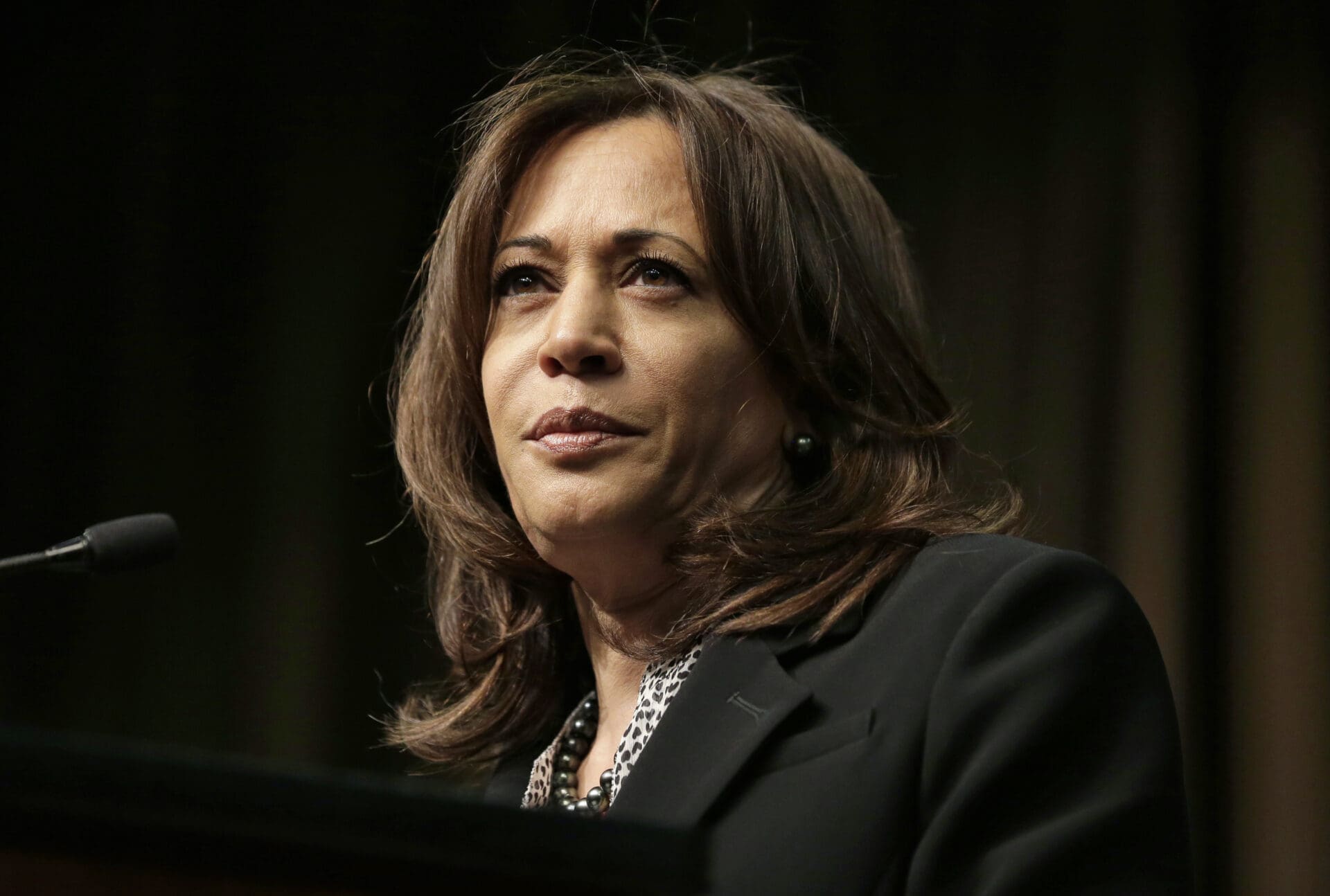Florida is considering a new bill that would set up a program for drivers with four DUIs to get their licenses back. According to First Coast News, under current law, “If you get four DUI’s [sic] in Florida, you could lose your driving privileges.” Could, not will.
I have to laugh when I read that. I don’t know the ins and outs of gun permit law, but I can’t imagine someone being caught shooting while intoxicated four times, and still getting to keep their gun permit. We are often reminded that driving is a privilege not a right – but driving is a privilege that one has to try very hard to lose. The right to bear arms is enumerated in the Bill of Rights but the right to drive seems to be encoded in the typical American’s DNA.
In my opinion, gun ownership should be a right available to anyone who can demonstrate that they have been reasonably law-abiding, and that they are reasonably knowledgeable about weapons (which lets me out, BTW). I feel the same way about flying, driving and even riding a bike. But the law seems to take the long way around. Depending on who you are and where you live, guns are either too available, or not available enough.
In many areas, people of questionable character can rush out and buy a gun while having no experience in use of weapons at all. In others, one can be a law-abiding citizen and an expert in the use of firearms, yet still never qualify for a permit of any kind. Race, wealth and class are clearly determining factors, calling to mind the ugly history of literacy tests as a de facto method to deny suffrage to the politically weak.
The stated reason for gun crime laws and ownership laws is that gunplay is a serious problem in cities. City people don’t want to lose their children to random gunfire, city police officers don’t want to worry about being shot by criminals with guns, and therefore mayors, police commissioners and district attorneys get behind anything that limits the number of guns in the streets.
As you spread out into the suburbs and rural areas, many more people certainly want guns for themselves, and those that don’t are less stressed out by their neighbors owning or carrying guns. They may see gun ownership as a problem among ethnic groups they don’t trust, but feel safe enough in their own neighborhoods. So local politicians dance around the laws trying to respond to their constituents’ wishes, or at least trying to be seen as responding.
Maryland passed mandatory penalties for handgun crime in 2000. A recent attempt to pass matching penalties for long gun crimes in the state failed for the fifth or sixth year in a row. As I read the back and forth, it became clear that race played a big part in the politicking around the bill. While citizen’s groups and politicians from both sides of the aisle strongly supported the long gun crime bill, a small number of black, urban legislators were against mandatory sentencing because so many of their young men are already incarcerated. But they wouldn’t have been enough to stop the bill.
A canny power broker, Judiciary Committee Chairman Joseph F. Vallario Jr., combined the viable long gun crime bill with a long gun possession bill that was anathema to rural residents, white people basically, who were against the mandatory sentencing of the gun possession bill because it might send their young men to five years of prison for using granddad’s shotgun. According to Peter Hermann of the Baltimore Sun, “Vallario offered a change on the gun possession bill: a three- to 15-year prison sentence that gives judges discretion to ease the burden on felons who hunt caught up in a provision designed to curb inner-city street violence, and to throw the book at violent offenders.” Not getting that change in mandatory sentencing, he essentially doomed the long gun crime bill while appearing to clear it out of committee.
So the dance continues.



